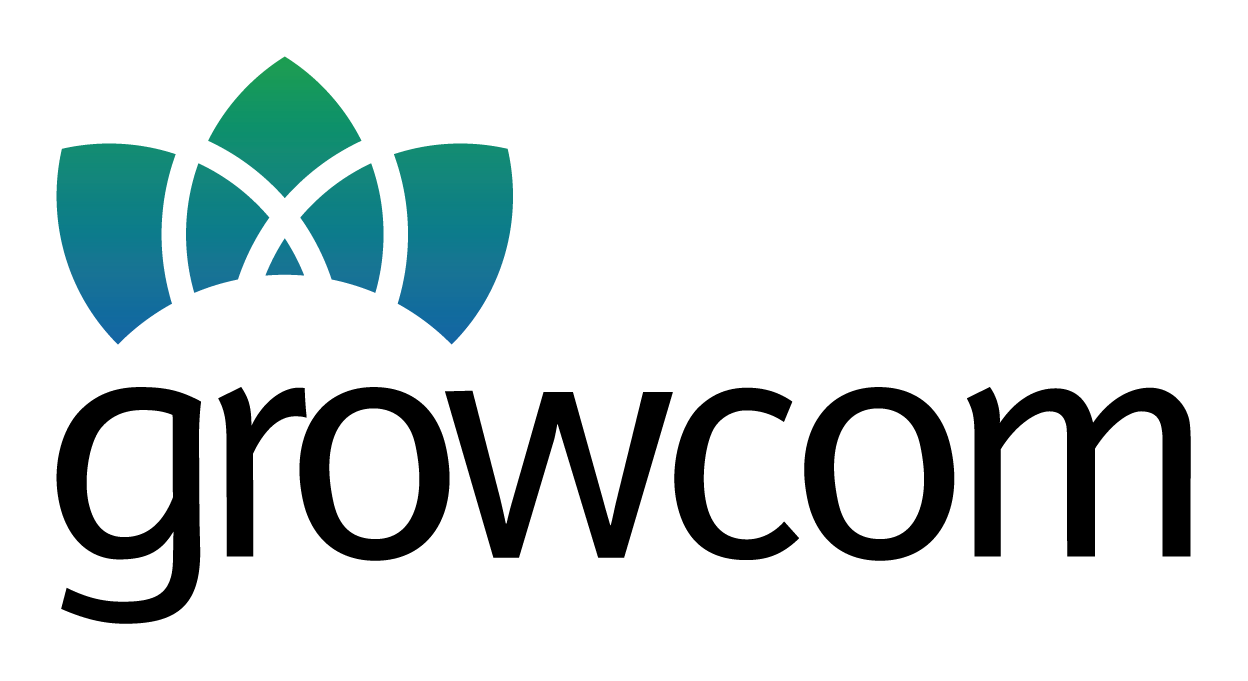Commitment to stewardship
As the largest fresh produce company in Australia, Costa has a significant role to play in driving the sustainability of fresh food production as well as the protection of the environment in which it is grown.
Avocados and bananas are two major crops grown by Australia’s largest fresh produce company, Costa in locations across northern and central Queensland that can impact the sensitive marine environment within the Great Barrier Reef Marine Park (GBRMP).
With funding from the Queensland Government’s Queensland Reef Water Quality Program, Growcom has now worked alongside many horticultural farms in the Great Barrier Reef (GBR) catchment, to benchmark specific land management practices and to enable the businesses to become Reef Certified; a third-party audit process designed specifically for the horticulture industry to demonstrate voluntary stewardship toward the GBR.
Costa has chosen to adopt a global ‘sustainable commercial farming’ strategy, to progressively improve the yield and quality of their produce whilst simultaneously reducing their environmental impact.
“The nutritious fresh food we grow contributes directly to global health and wellbeing. We recognise that with this comes a responsibility and expectation that our food is grown in a way that places an emphasis on environmental stewardship and sustainability,” explains the Sustainable Commercial Farming commitment statement from Costa.
So, whilst the business already had a range of environmental practices in place, achieving Hort360 Reef Certification provided an extra level of focus to ensure they continued to implement best practice at their Walkamin, Tolga, Tully and Childers avocado orchards and banana plantations.
Using the Hort360 program highlighted additional areas that required more attention whilst also providing validation for all the positive changes the company had already implemented. Additionally, as the Hort360 Reef Certification aligns and leverages off current systems like Freshcare Environmental, there is reduced effort for the grower with combined audits available to save time and administration resources.
In the avocado and banana farming operation, Costa has a dedicated National Food Safety, Quality and Environmental Manager. This key position ensures the business maintains a strong focus on how they interact with the environment and identifies areas for continuous improvement.
With the high annual rainfall that occurs within their farming footprint in North Queensland, both soil erosion and run-off are two major areas of concern for Costa. To mitigate both environmental and operational damage caused by such rainfalls, Costa has implemented a range of good practices, including contouring and levee banks to prevent or manage run-off, while they also utilise grassed spoon drains and vegetated buffers to protect waterways.
For Costa, the process of becoming Reef Certified has been highly beneficial. The structured approach provided an opportunity for the business to astutely review their operations and identify ways in which they could not only improve environmental outcomes, but also their own farm efficiency and productivity.
The Hort360 Great Barrier Reef program is funded through to June 2026 and supports growers to understand how their farming practices may impact the Reef and thereby be able to improve these practices voluntarily without the need for government regulation.
Hort360 GBR is funded through the Queensland Government's Queensland Reef Water Quality Program.
